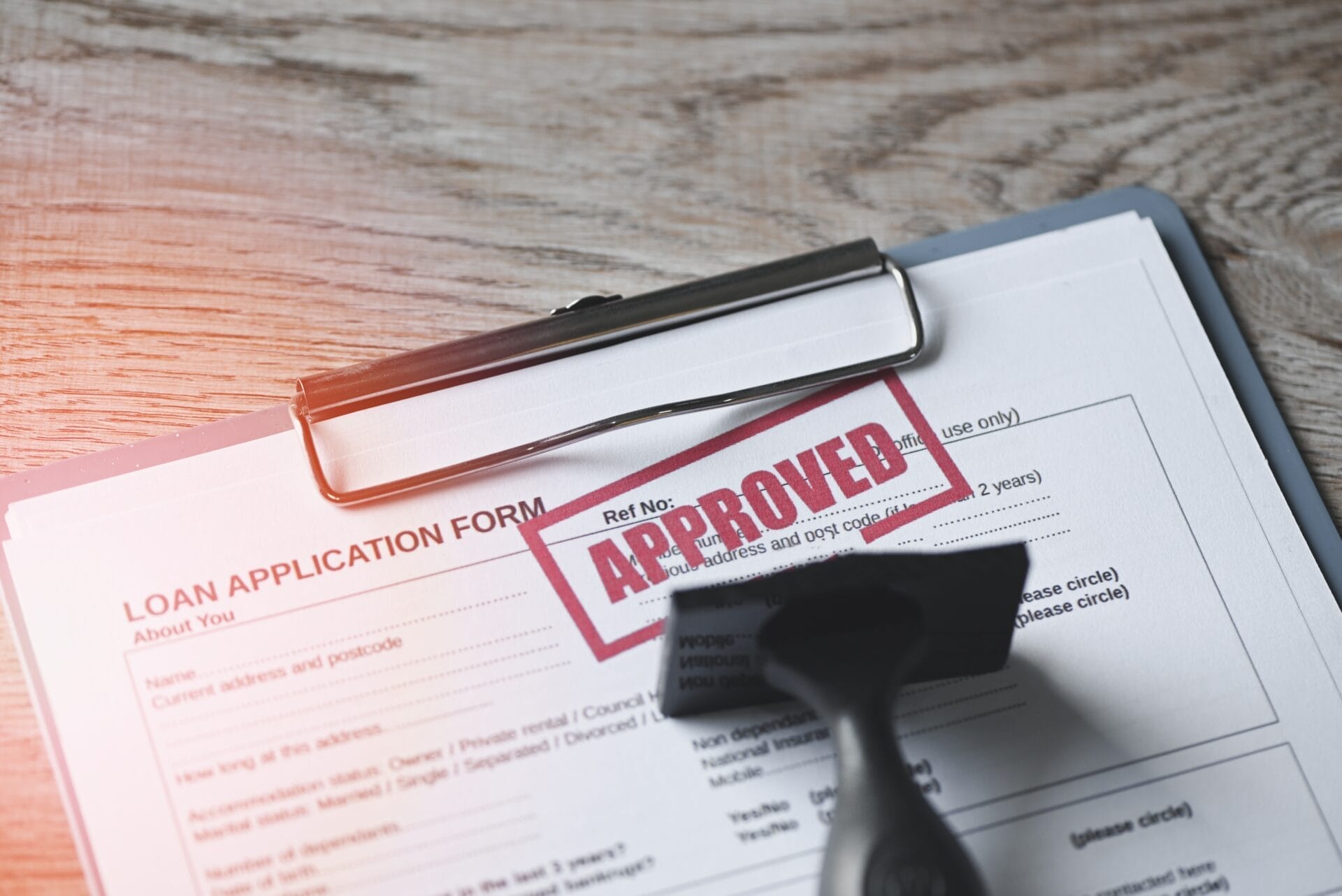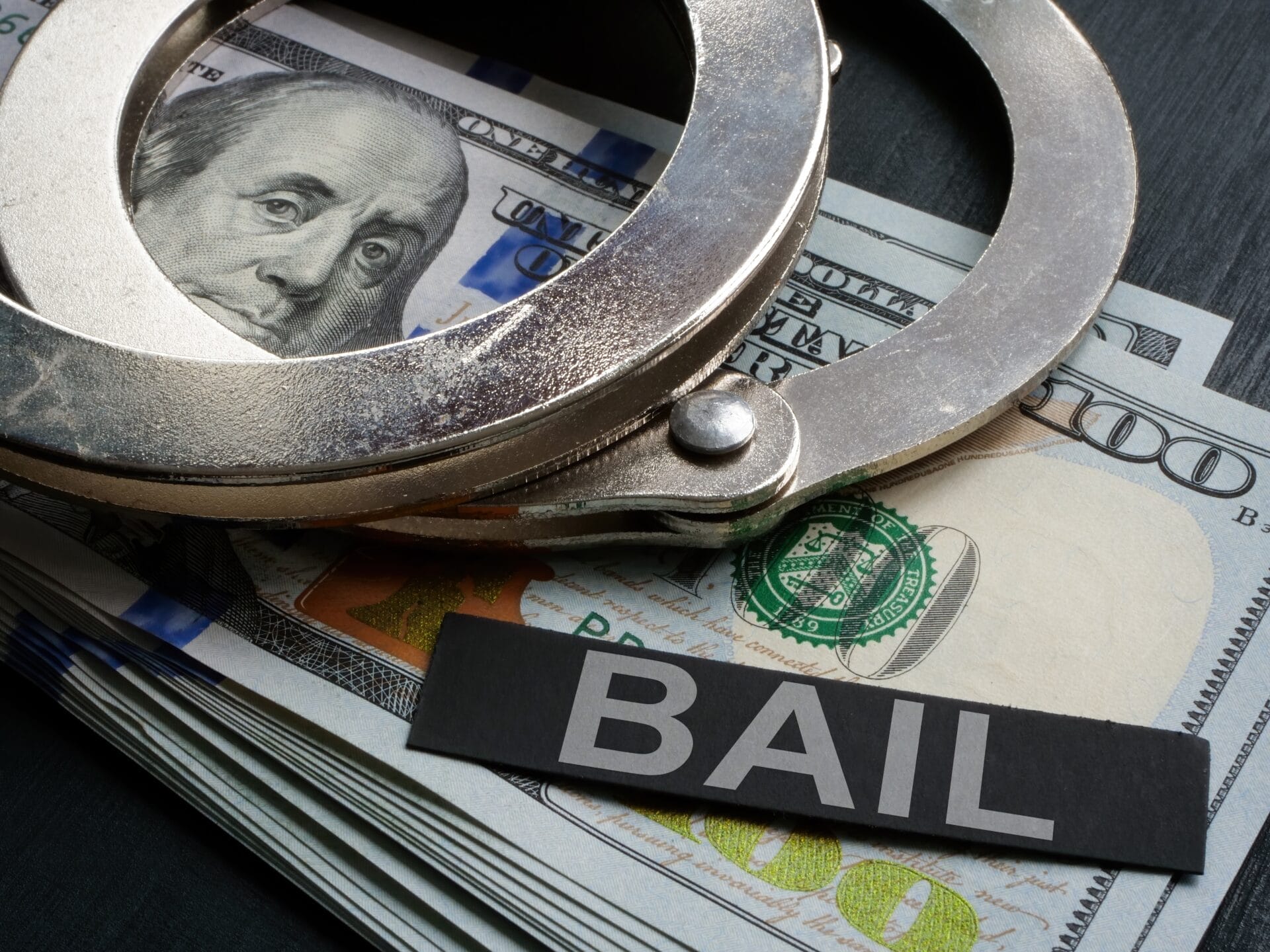Bail Bonds Options For Low-Income Families
Suppose you find yourself in a situation where you or a loved one needs to secure a bail bond but have limited financial resources. In that case, options are available to help you navigate the criminal justice system. Bail bond loans ensure access to a fair legal process.
In this article, we will explore various possibilities that can assist low-income individuals in financing their bail bonds with a bail bond loan.
Types of Bail Bonds Financing on Low Income (Bail Bond Loan)
When it comes time to pay bail for you to get out of jail, there are different options for bail bonds financing that you can consider.
One option is to work with a bail bond agent who can cover the entire bail amount on your behalf in exchange for a fee, usually a percentage of the total amount. This allows you to get out of jail while only paying a fraction of the total bail amounts upfront.
Another option is to arrange a payment plan with the bail bond agencies, enabling you to make regular bail payments towards the total bail amount over time.
These alternatives offer crucial flexibility and support for individuals who cannot immediately have emergency cash to pay the complete bail amount and may even struggle to pay a down payment. Payment plans can help you get out of jail with as little stress as possible.
Government Assistance Programs for Bail Bonds
Government assistance programs exist to provide financial support to low-income individuals who cannot afford their bail and need to get out of jail.
These programs offer different options, such as payment plans or loans, to help cover the cost of your bail bond.
The eligibility criteria for these programs vary depending on the specific program. Still, the main goal of bail bond payment plans is to ensure that individuals who can't afford to pay bail aren't unfairly jailed while awaiting trial.
Nonprofit Organizations Offering Bail Bonds Assistance
Nonprofit organizations are crucial in providing bail bond assistance to tens of thousands of individuals experiencing financial hardships. These organizations offer financial aid and counseling services to help low-income individuals navigate the bail bonds process, even with little or no credit.
They recognize the challenges faced by individuals with limited financial resources who cannot afford bail and aim to ensure equal access to a fair legal process for everyone awaiting a court date.
Working closely with these nonprofit organizations allows individuals to receive guidance and support throughout the bail bonds process.
These organizations assess financial situations and determine the most suitable course of action, whether providing loan options or connecting individuals with other resources to pay their bail amounts.
Eligibility Requirements for Bail Bonds Financing
To qualify for bail bonds financing, specific requirements must be met. These requirements may vary depending on the bail bonds company but generally include providing proof of income, employment, and residence.
Some bail bonds companies may do credit checks and require a co-signer or collateral for a bail loan. Researching and comparing different options is essential to find the one that suits your needs and eligibility.
Alternative Options for Low-Income Individuals
If you're facing financial difficulties getting out of jail, alternative options are available for low-income individuals to secure release. One option worth considering is a zero-down bail bond, where you don't need to pay the bail bonds agency upfront money.
Instead, the payment is spread over time, making it more manageable for individuals with limited financial resources. It is essential to survey the interest rates to avoid paying too much to get out of jail.
Steps to Apply for Bail Bonds Financing
To apply for bail bond payment plans or bail bond loans in jail, you must meet specific eligibility requirements and follow a straightforward application process.
Begin by ensuring you have a co-signer who meets the financial criteria set by the bail bonds company and has steady money coming in each month.
Gather all necessary documents and complete the application form, providing accurate and thorough information. After submitting your application, the bail bonds company will review it and inform you of their decision.
If approved, they will discuss the terms and conditions of the loan agreement with you and your co-signer. It's crucial to fully understand the terms and obligations before signing agreements to get someone out of jail.
Remember that you will likely need to sign a promissory note. The money paid to the bail bondsman does not include attorney fees.
Eligibility Requirements for Financing
If you or a family member are in the criminal justice system and facing financial hardship, understanding the eligibility requirements for financing bail bonds is crucial.
Bail bond companies often provide financing options to help you secure the necessary money for your release. However, there are specific qualifications you need to meet to qualify for a zero or low down payment bail bond plan.
You may need to get approved credit or have money for down payments. A good credit score is more likely to get you approved. Companies decide on a case-by-case basis and may require personal assets before approving you for collateral bail bonds.
To be eligible for collateral bail bonds, you typically need to have a steady source of income, provide proof of residency, and possess valid identification. Some companies with bail loans may also consider your credit history.
You could be required to pay a down payment with bail financing. Therefore, it's important to research and compare different bond companies to find one that fits your financial situation and offers flexible payment options and plans, making it easier to pay.
Application Process and Timeline: Navigating the Bail Bonds Financing Application
When a loved one is arrested, the application process for collateral bail bonds can be overwhelming. The defendant must go through court hearings to learn their bail amount while in jail. You must familiarize yourself with the bail process, steps, and timeline.
Typically, this process includes completing necessary paperwork, sharing personal and financial information, making payments, and paying a fee before you can get someone out of jail.
Getting out of jail on simple charges like petty theft may be more accessible. First-time offenders may also find it easier to pay their bail and may even be able to get out of jail on their own recognizance without spending any money.
The time typically required for processing the bail bond financing application and obtaining the bond can vary, but it generally takes a few hours before the bondsman can pay the bail.
Sometimes, collateral may be required to protect the bail bond service company's investment. Therefore, selecting a reputable bail bond company that caters to your specific bail financing needs and offers reasonable terms and conditions is crucial. Those companies that require collateral will need to see proof of your assets.
Tips for Managing Bail Bond Payment Plans on a Low Income: Making it More Affordable
Managing bail bond payments on a low income can be challenging, but there are strategies to help make it more manageable. Start by creating a budget to prioritize your expenses and allocate a portion of your income toward the bail required.
Additionally, explore the options with your surety company in Southern California, as they may offer various payment plans with flexible terms, especially with approved credit.
When your income is limited, consider contacting local organizations or charities that provide financial assistance to individuals in similar circumstances.
Seeking support from these resources can make a significant difference in managing your bail bond payments.
Budgeting for Bail Bonds: Affording Installments on a Low-Income
Affording regular bail bond payments on a low income can be difficult. However, there are options available to help make it more feasible.
One option is bail bond loans through a bond company, which allows you to pay off the remaining balance of the bail bond loan in installments over time, reducing the financial burden of a large upfront payment.
Creating a budget specifically for your bail bond payments is another effective strategy. By carefully examining your income and expenses, you can determine how much you can realistically set aside each month.
Additionally, explore other resources such as financial assistance programs or seeking help from family and friends to cover the costs of more significant bonds.
Payment Plan Options: Exploring Feasible Solutions on a Low-Income
Managing bail bond costs on a low income becomes more feasible when considering payment plan options. Many bail bond companies offer payment plans that allow for affordable monthly payments instead of requiring the total amount upfront. This option is especially beneficial for those on a tight budget.
You may need to pay a fee or provide collateral to qualify for a bail bond payment plan. Discussing your financial situation with the company is crucial to finding a no-down payment plan that suits your needs and budget. They can guide and assist you in finding the best solution tailored to your circumstances.
Seeking Financial Assistance: Utilizing Available Resources
To better manage your bail bond expenses on a low income, consider seeking financial assistance from available resources or organizations.
When facing the need to post bail, it can be challenging to obtain the required funds. Contact local organizations that support needy individuals, as they may provide financial assistance or connect you with relevant resources.
Another option to consider is speaking directly with a bondsman, who may be willing to work out an installment plan that fits within your budget. Additionally, some bondsmen offer cash bail alternatives to help you avoid an upfront payment.
Explore all available payment options to find a solution that works for you and may not require down payments or a high-interest fee. Some may offer payments plans with bad credit for larger bonds so you can quickly get someone out of jail. There may be additional fees involved for these services.
Final Thoughts
Various options exist for low-income individuals who require bail bond financing. Government assistance programs, nonprofit organizations, and even bail bondsmen and bond companies can offer support in obtaining and paying bail bonds.
It's essential to meet the eligibility requirements and explore choices such as property bonds or working with a bail bondsman.
Navigating the bail system can be challenging, but individuals with limited financial means can access affordable bail bonds with the above resources and strategies. We can work towards a fair and equal justice system for all by addressing economic disparity, racial justice, and systemic injustice.


